In Laeken, residents are taking the lead in deciding how public funds are spent to shape their own neighborhood.


In Laeken, residents are taking the lead in deciding how public funds are spent to shape their own neighborhood.
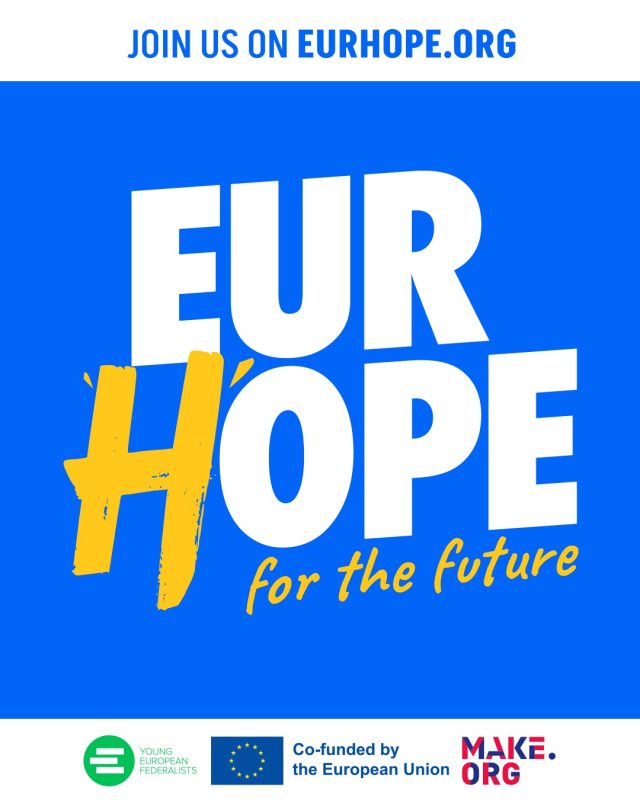
EurHope empowers over 1.5 million young Europeans to shape EU policy through a multilingual, participatory campaign that bridges the gap between youth priorities and political leaders.
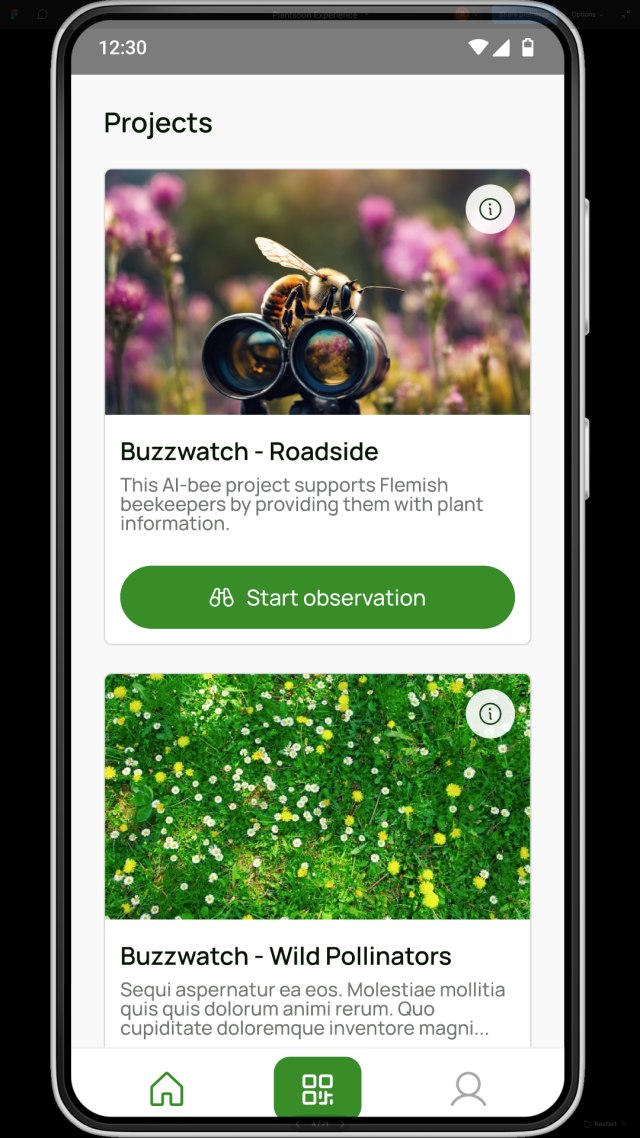
The Buzzwatch project determines the quantity of local food available for pollinators, enabling governments, nature managers, and beekeepers to adjust their policies and interventions.
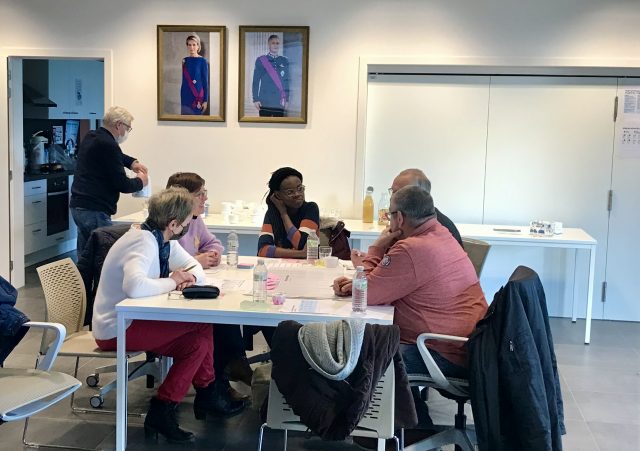
Mobilli is a participatory process that taps into the collective knowledge of community residents to accelerate a modal shift in regional public transportation.
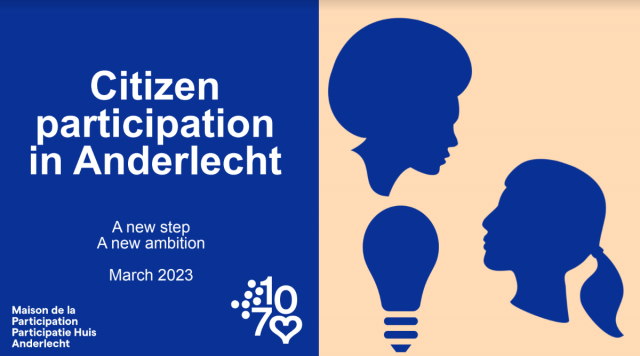
The Megafon project engages local citizens in an accessible way, fostering the co-construction and implementation of novel solutions for civic improvement.
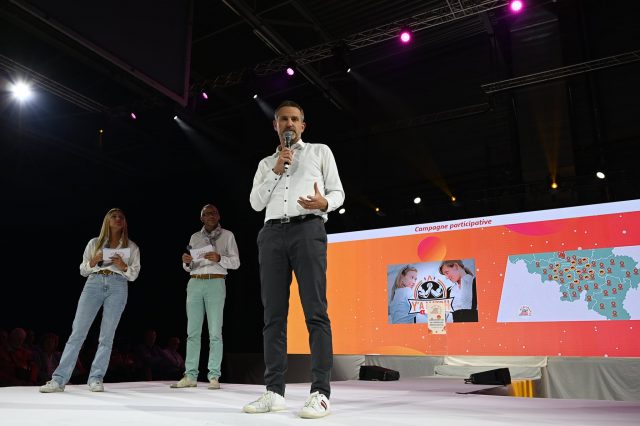
An ambitious democratic participatory process in Belgium creates space for dialogue outside of party structures.
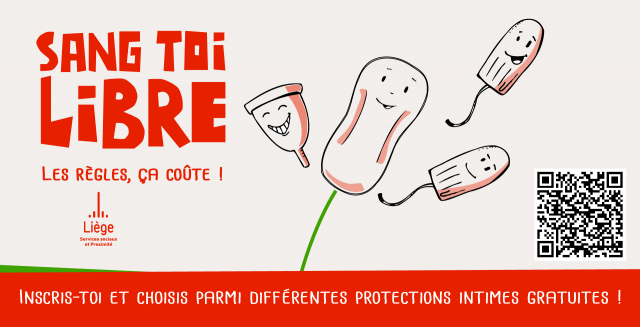
The Feel Free project aims to tackle period poverty among teenagers and young adults living in the City of Liège by distributing free sanitary products and useful information on menstruation, with the goal of increasing accessibility, reducing waste, and raising awareness.
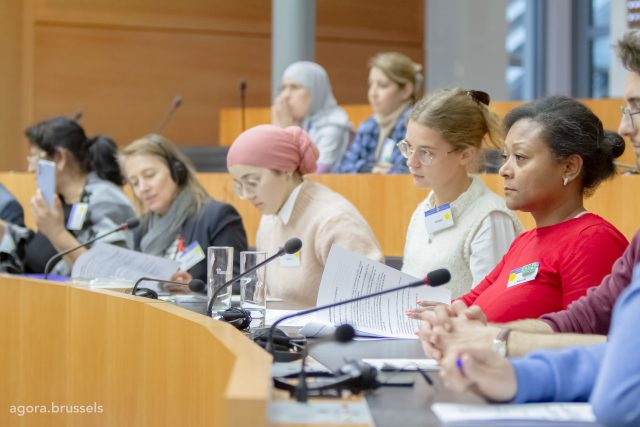
Agora.brussels aims to promote citizen involvement in politics by engaging citizens in deliberative assemblies and promoting their proposals at various levels of government.
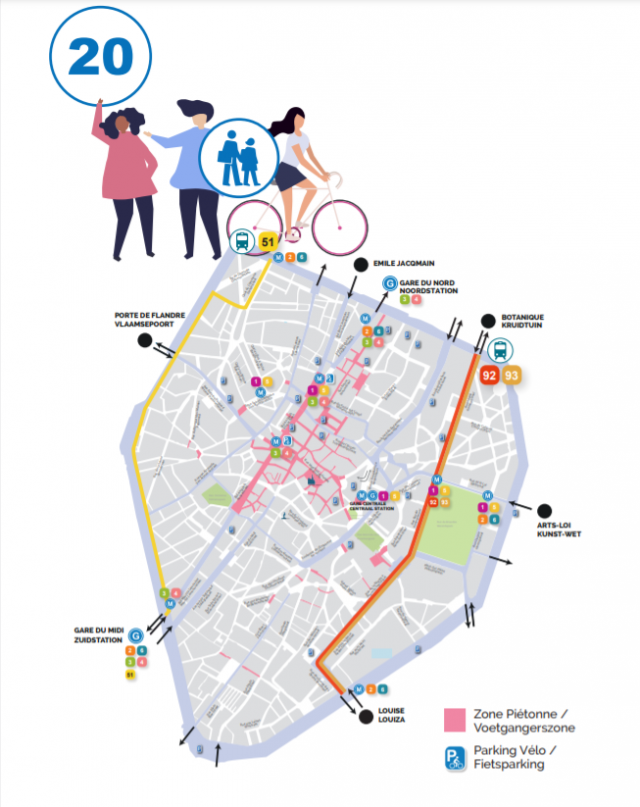
A temporary measure in response to the pandemic has become part of Brussels’ long-term mobility strategy; prioritising pedestrians and cyclists by reducing speed limits and allowing shared use of the roadway.
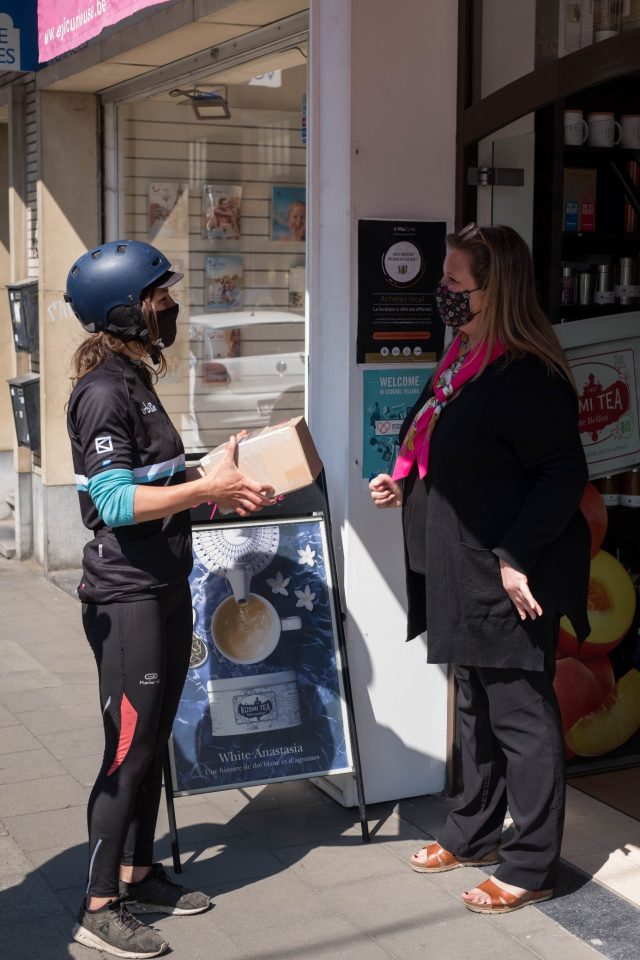
An online platform connects local businesses with consumers and offers them the opportunity to have their goods delivered by bike, thus supporting a local and sustainable economy.
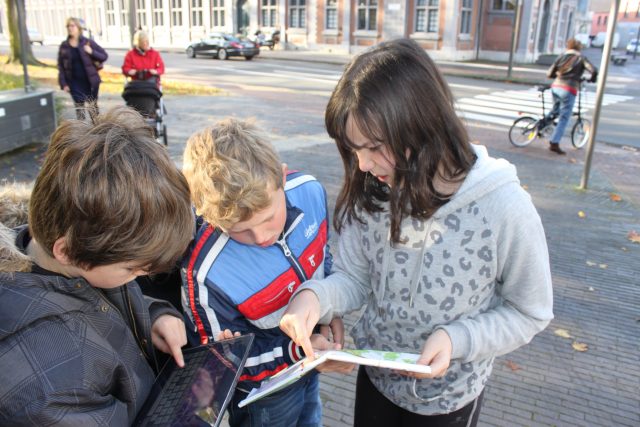
A local government in Belgium gives young people a voice to ensure their inclusion within policy structures, through a combination of digital participation and location-oriented work.
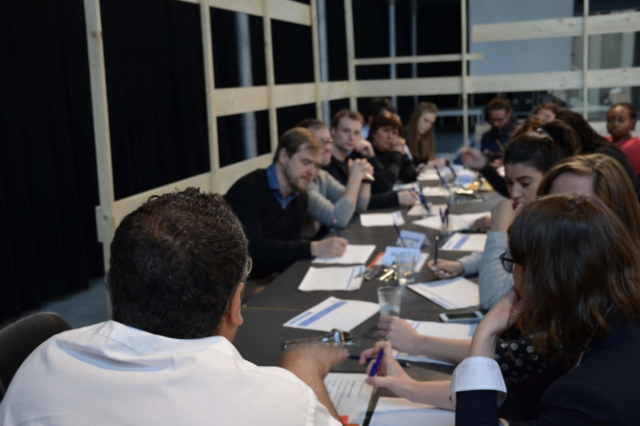
A system in Brussels engages citizens, allowing residents from different language groups to discuss their ideas and perceptions of the city, and to bring them into the political decision-making process.
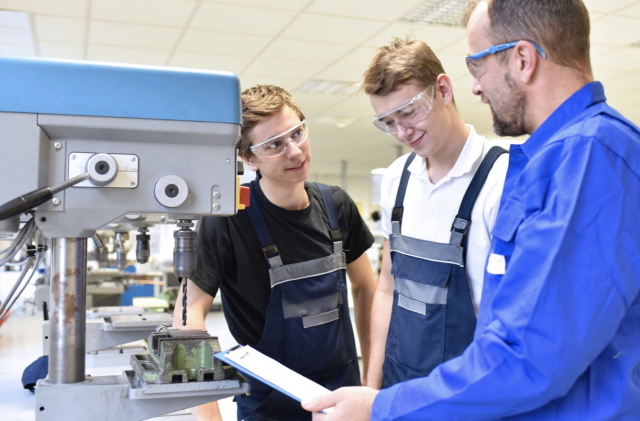
Primary school students receive vocational training and participate in projects that involve non-traditional classroom skills, discovering their talents and facilitating a career choice.
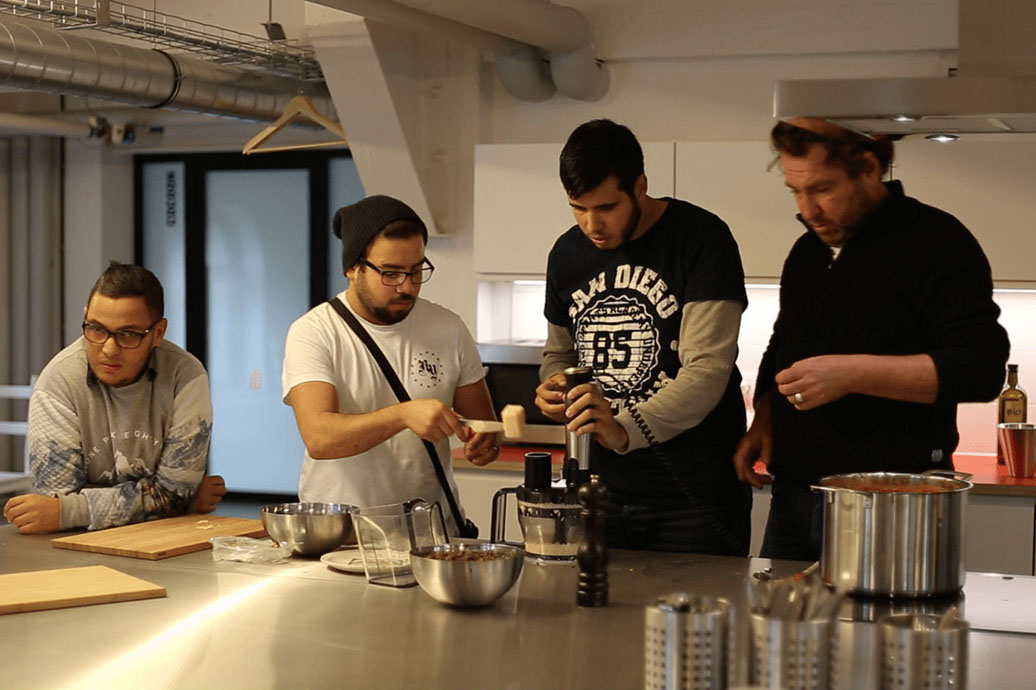
A series of programmes in personal development and creative exploration build new opportunities for talented young people and reveal their potential.
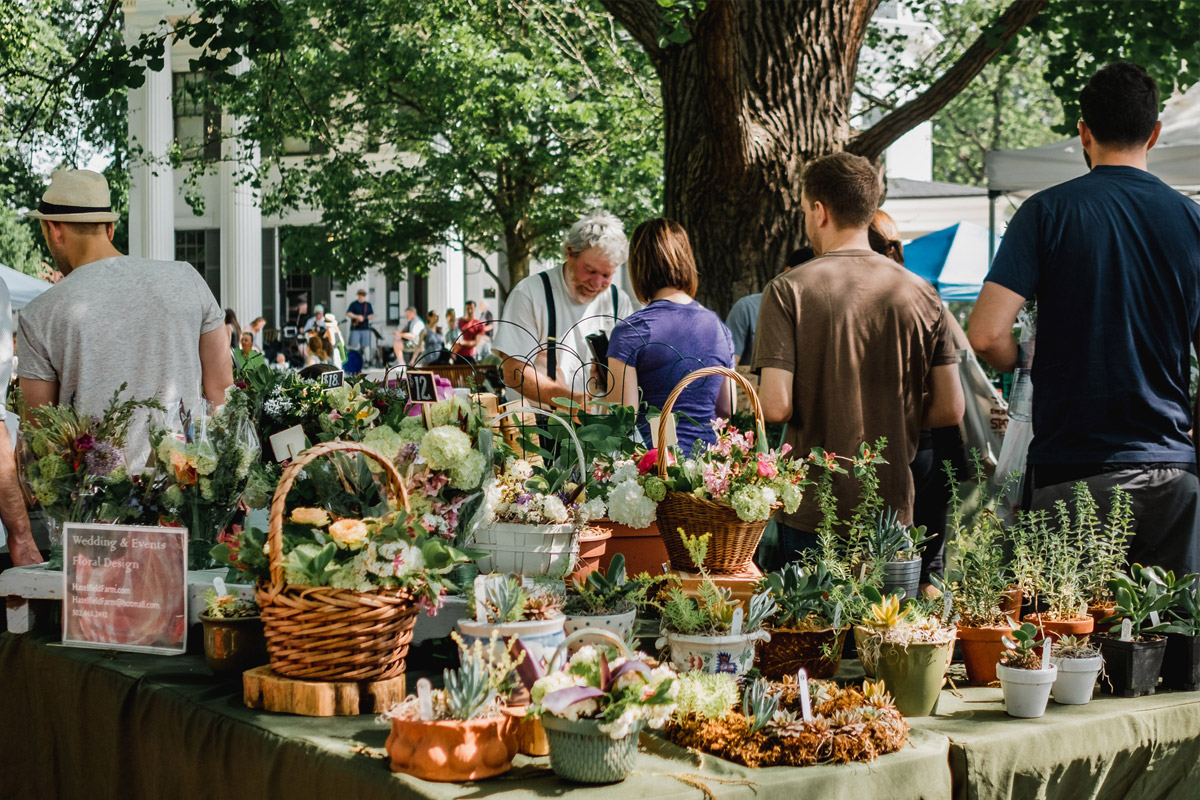
A sustainable food system in the Brussels Capital Region encourages the growing of local foods and promotes the reduction of food waste by involving a variety of stakeholders.
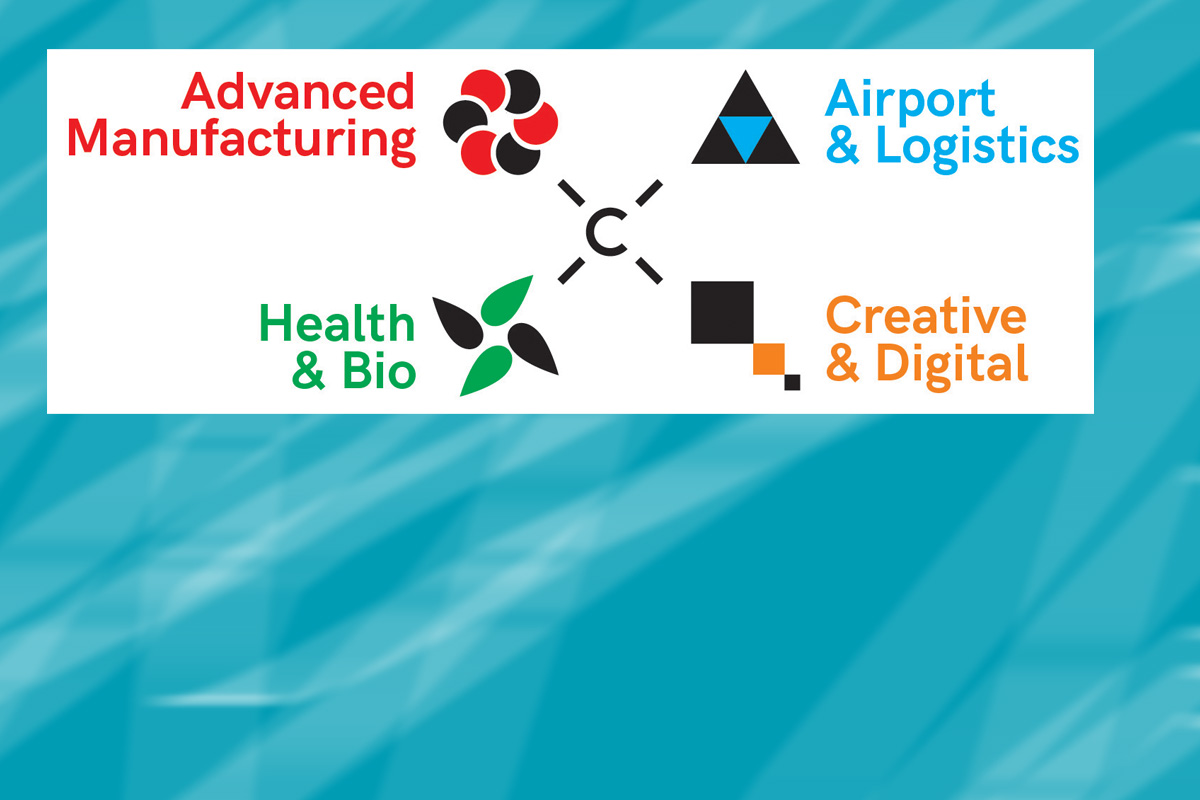
A bottom-up plan aims at the revitalisation of a former industrial city through digitalisation, and the grouping of innovative minds to collect and execute ideas to reinvigorate the economy.
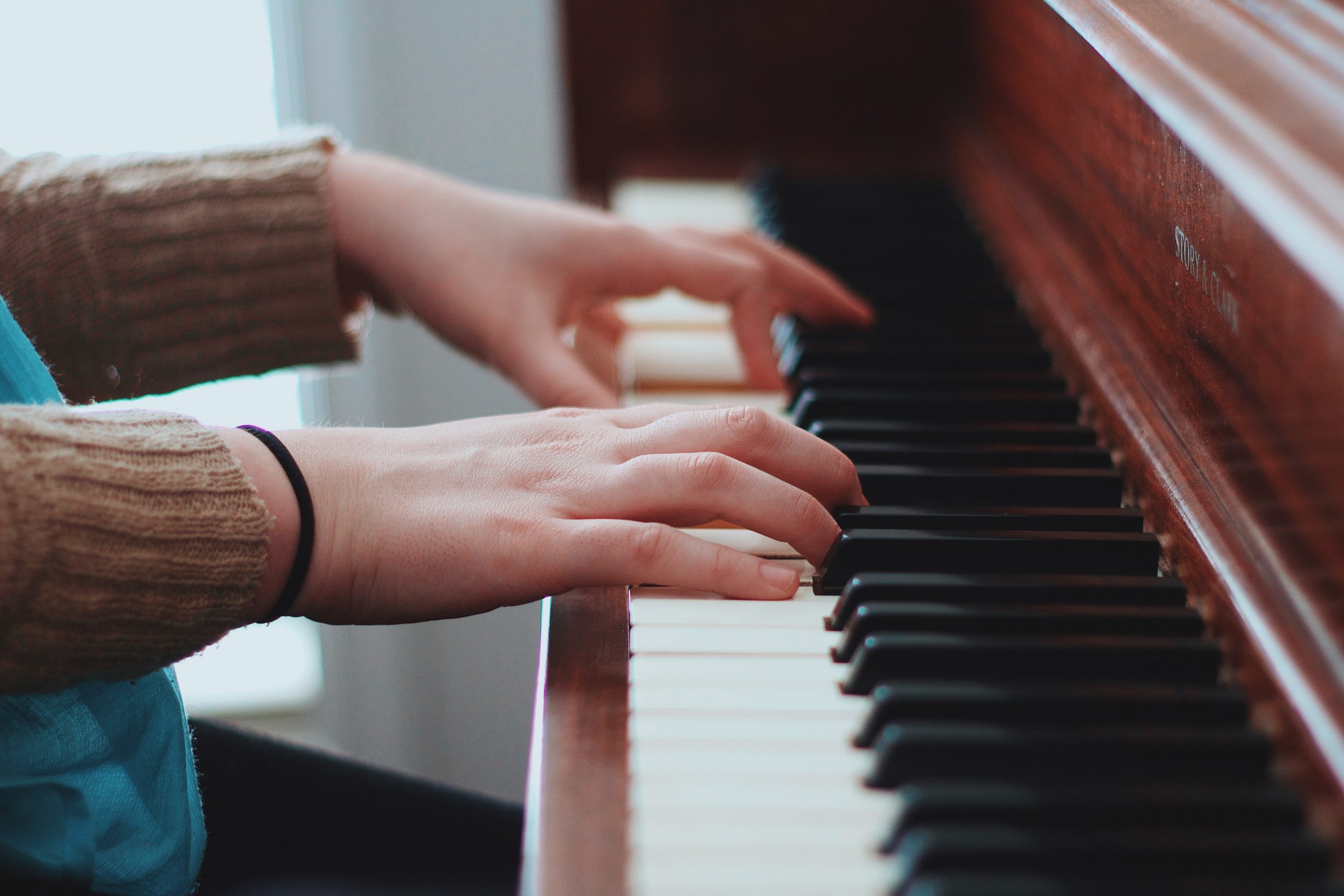
A school provides systematic musical education from kindergarten through to sixth grade, aiming at personal development, teamwork, and creative intelligence.

This EU initiative allows young people to volunteer in different community service projects around Europe and supports them in the process.
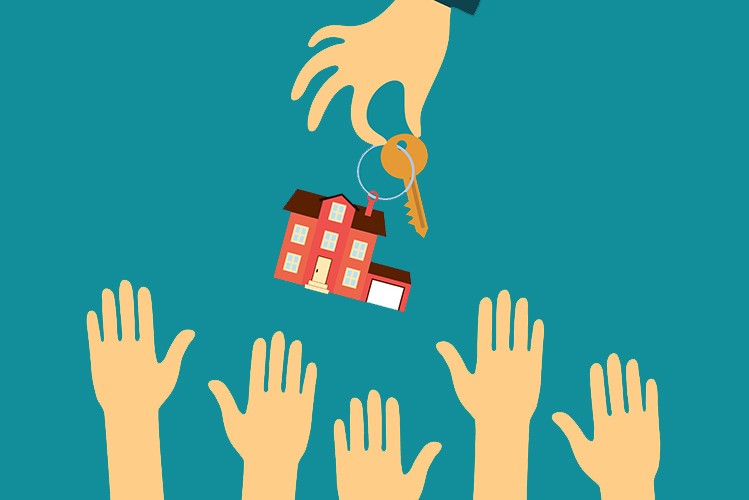
A multi-year study is conducted in Ghent to determine and reduce the scale of discrimination in the rental housing market.
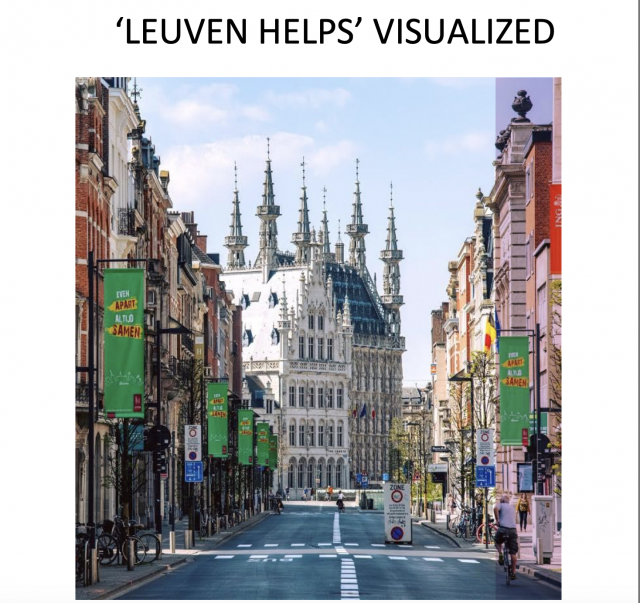
Leuven launches a pioneering platform and call-centre for civil participation, to connect volunteers with citizens in need during and after the Corona-crisis, for meal delivery, language courses, and care tasks.